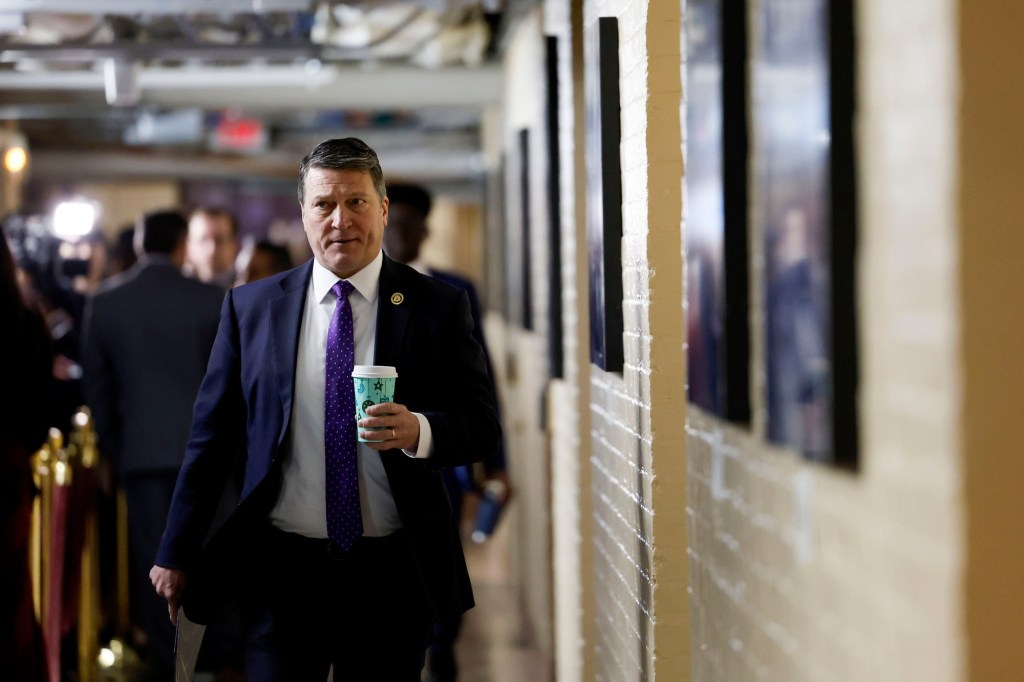WASHINGTON — Control of both chambers of Congress is in play this year, and Federal Election Commission data shows Senate and House candidates up this year have already raised nearly $1.4 billion and spent $881 million.
But all elections are most decidedly not created equal.
On Super Tuesday next week, five of the 16 states holding presidential primaries or caucuses will also hold congressional primaries that will pick nominees for 115 House seats, or more than a quarter of the chamber.
And while some lawmakers’ careers could be on the line in Alabama, Arkansas, California, North Carolina and Texas, it’s a different story for dozens of their colleagues, some of whom have no opposition at all or only a nominal primary challenge with no one from the other major party even filing to run.
Because of gerrymandering or the partisan lean of the areas they represent — in some areas, mapmakers couldn’t draw competitive districts if they wanted to — many House members represent districts where the opposing party has practically no chance of flipping their seats.
In the 61 districts held by Democrats having primaries on March 5, Joe Biden’s average margin over Donald Trump in 2020 was 33 percentage points, CQ Roll Call found using data compiled by Daily Kos Elections. Biden’s average margin grows to 39 points if the analysis excludes three districts in North Carolina that were redrawn by the Republican-controlled legislature last year to contain voters who backed Trump over Biden by double-digit margins.
In the 54 districts held by Republicans that are up, Biden lost to Trump by an average of 20 points.
Viewed another way: Of the 115 seats up on Super Tuesday, 99 have races in November rated as Solid Republican or Solid Democratic by Inside Elections with Nathan L. Gonzales. That indicates only members of those parties pose a real threat to incumbents seeking reelection, yet many of those lawmakers do not even…
Read the full article here







